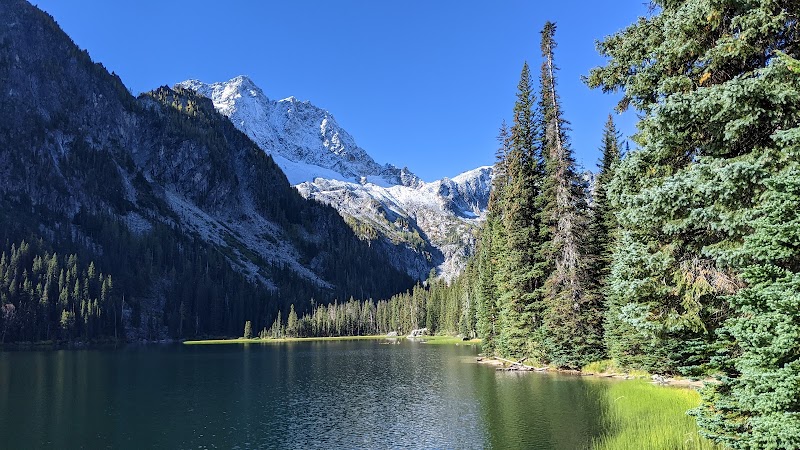
Saddle Mountains Wildlife Area Adventures
Saddle Mountains Wildlife Area is a rugged conservation zone in central Washington, offering diverse habitats and outdoor activities like hiking, hunting, and wildlife observation against a striking basalt ridge backdrop.
About Saddle Mountains Wildlife Area

Saddle Mountains Wildlife Area encompasses approximately 13,000 acres of shrub-steppe, grasslands, and barren basalt ridges along the Saddle Mountains in Grant County, Washington. The area features a distinctive east-west trending ridge that rises sharply from the Columbia River Plateau, providing spectacular views of the surrounding landscape including the Columbia River and nearby Priest Rapids Reservoir. Established to protect critical habitat for mule deer, sharp-tailed grouse, and other native wildlife, the wildlife area serves as a key location for conservation and outdoor recreation. The landscape is characterized by open sagebrush fields, rocky outcrops, and scattered ponderosa pines, hosting an ecosystem typical of the Columbia Basin’s arid interior. Visitors can explore a variety of hiking and horseback riding trails, with opportunities for birdwatching, wildlife photography, and seasonal upland game bird hunting. The rocky terrain and elevation changes create natural corridors for mule deer during migration seasons. Historically, the area was occupied and used by local Native American tribes and later by settlers for grazing and hunting. The Washington Department of Fish and Wildlife manages the area to balance habitat preservation with recreational use. Accessible from Highway 24 near Mattawa, the Saddle Mountains Wildlife Area provides a quiet retreat for outdoor enthusiasts seeking solitude, wildlife viewing, and rugged, scenic landscapes typical of central Washington’s shrub-steppe environment.
Highlights
Sweeping views from the rocky summit of Saddle Mountain ridge
Diverse shrub-steppe ecosystem supporting mule deer and sharp-tailed grouse
Popular upland bird hunting grounds during fall seasons
Remote backcountry trails with opportunities for solitude and wildlife photography
Notable Natural Features
Saddle Mountain Ridge
A prominent basalt ridge offering panoramic views and rugged terrain favored by native wildlife.
Mule Deer Migration Corridors
Seasonal movement routes critical for local mule deer populations, providing excellent wildlife observation.
Sharp-Tailed Grouse Habitat
Open shrub-steppe areas that support breeding and cover for this game bird species.
